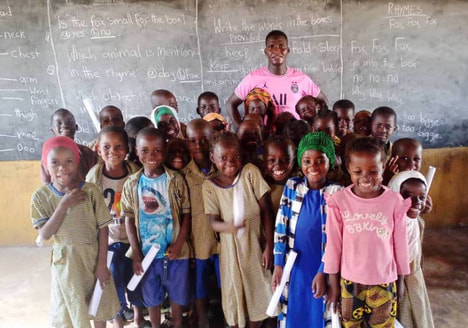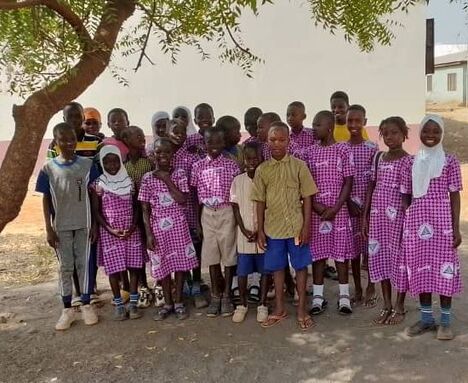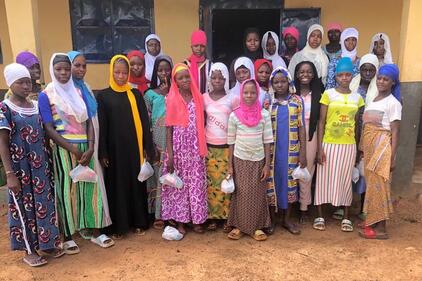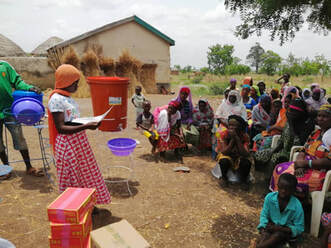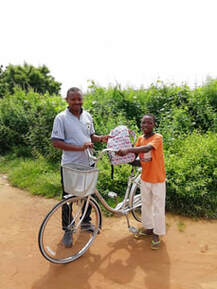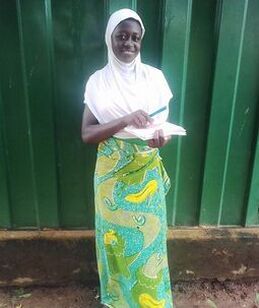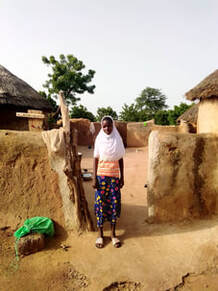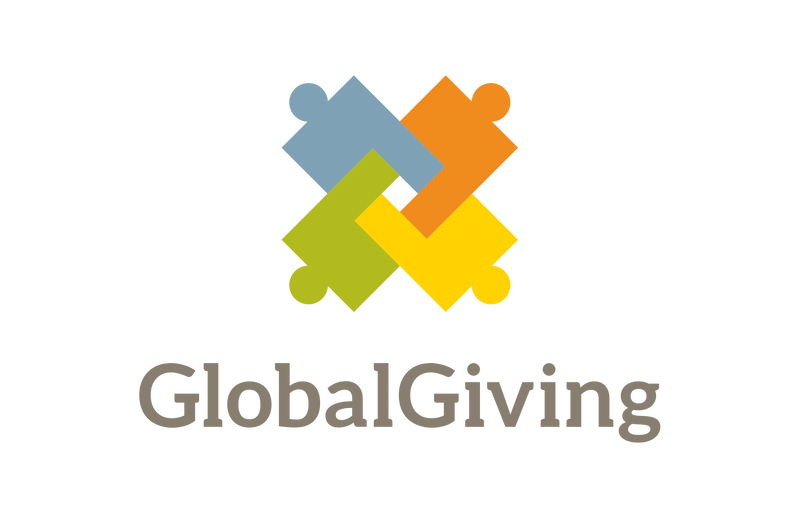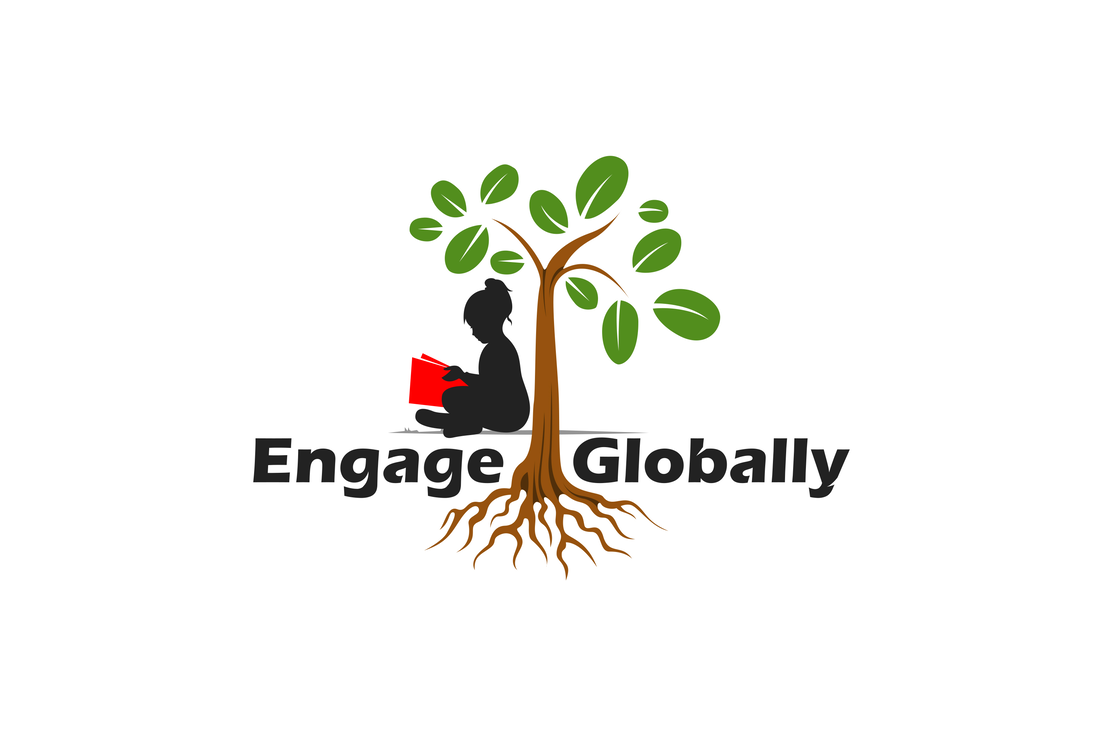our why
|
In our partner communities in rural Northern Ghana, educational opportunities beyond primary school are limited. There are no public middle schools within bicycling distance of eight of our partner communities. Additionally, school fees, required supplies, and uniform costs create significant barriers to education. To address this challenge, we began a youth education program.
When a student completes their studies at our community learning centers, they take exams to continue their education at private schools in the closest city. Our partners find placements for each student after meeting with the children and their families to discuss their goals. Students are provided with school fees, learning supplies, uniforms, a bicycle, and mentoring so that they can continue their educations. After junior high they take national exams and apply to high school or join our vocational training program. If students pass high school entrance exams, we support their attendance at the residential public high school where they are assigned by the Ghanaian education service. All students' progress is evaluated annually for attendance, grades, and exam results. Graduates of high school, like Suale pictured above right, are often hired as teachers and staff in our programs. |
program growth
|
Currently, over 55 students are attending private schools and 10 are enrolled in public high schools. Each year, new students join the scholarship program after they graduate from our early childhood learning centers. In addition to providing fees, learning supplies, bicycles, and uniforms, we also strive to provide food stipends to help reduce the impacts of the current food shortages.
To enhance student success, we recently began girls and boys clubs to provide mentoring and opportunities for community service, discussions of challenges the youth face, and English language tutoring. Members of the girls club are pictured on the left. |
community engagement
|
Students in the youth education program engage in a variety of service projects to support their communities and to strengthen their teamwork and professional skills. Students assist with tutoring younger youth and with soccer programs. Others were trained as public health educators to share the importance of hand washing with their communities.
Students also learn about environmental conservation and engage with nature through tree planting and community clean-up projects. Some students traveled to Mole National Park to learn about Ghanaian animals and wildlife conservation, a project we hope to continue in the future. |

